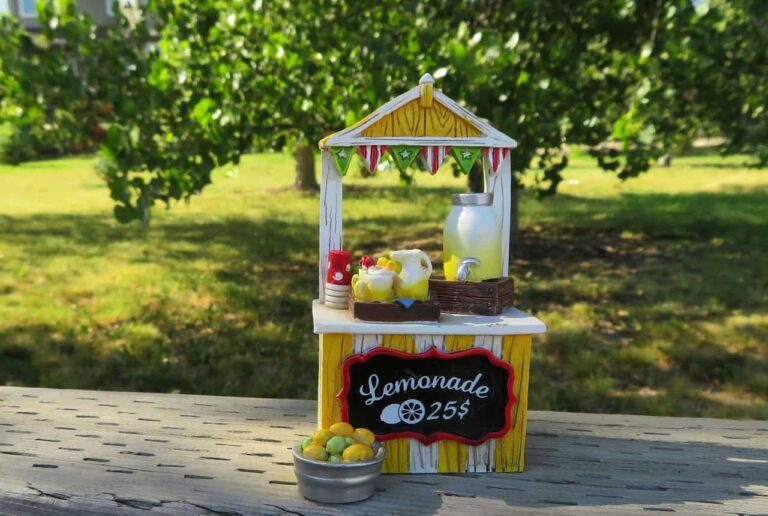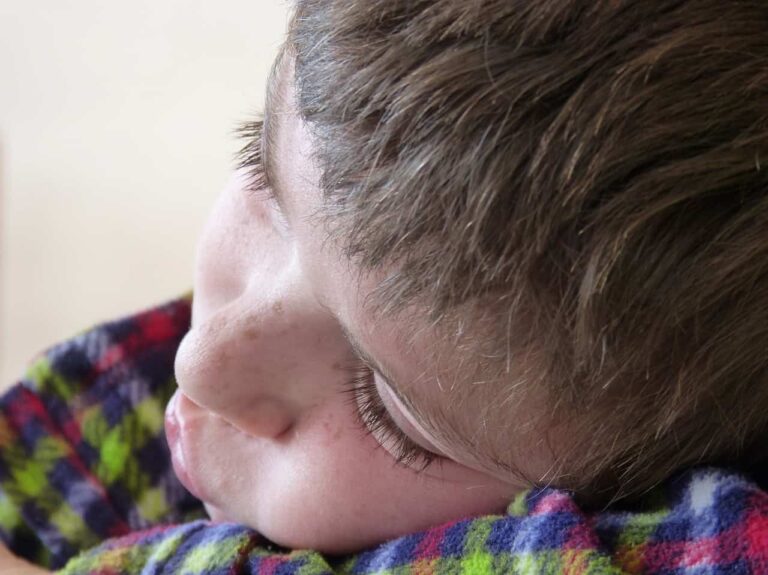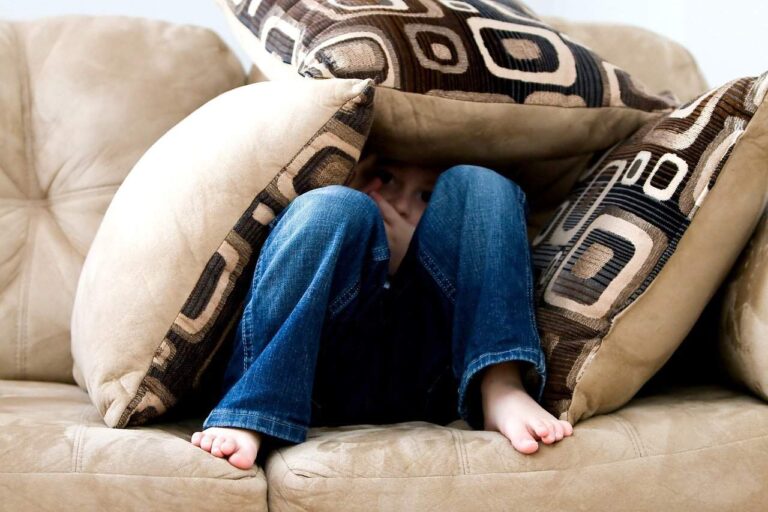Childhood and Defiance: How to Deescalate a Child with an Outburst
Almost every parent wants to have a kid that is kind, friendly, and behaved. A majority of adults approve of polite behavior in kids, and they reward any form of obedience. It’s a parent’s dream to have a child who is an angel at home and in public.
Of course, children are not perfect beings. Parents are also no exemption. There will be times when feelings clash and trouble brews.
Your child might throw a fit or act out of line. And as parents, it is your duty to calm them down and help them overcome their misbehavior.
But deescalating a kid can be tough, especially when you end up getting emotional yourself. But it does not have to be this way. You, too, can learn more about your child’s emotions. And you can also learn how to curb any defiant behaviors.
Why Does My Child Act Defiant?
What we consider right or wrong is heavily reliant on what norms we were brought up with. Our community plays a big role in defining our morals. So while something is right for one culture, it might be taboo for another.
Different families also have different interpretations. The parents’ beliefs, practices, and habits can shape their child’s attitudes. That’s why different families raise different kinds of children.
With that said, there are some common signs and symptoms of challenging behavior that is universally accepted. These include being fussy and not wanting to eat, throwing tantrums and talking back, anger and hurting others, and refusing to obey one’s parents.
These behaviors can come off as being deliberate. But sometimes, it’s a response to bigger emotions that children can’t comprehend. Challenging behaviors are a sign of fear, anger, and discomfort.
Your child might also have an outburst because their needs are not met. They might feel hungry or tired. They might also want some attention or are feeling ill.
Your child is still developing their emotional and social skills. Acting disobedient can come off as rude. But with proper parenting, your kid can overcome their behavior.
But what if they don’t outgrow their challenging behavior? What if open communication and empathy did nothing to quell your youngster’s storm? If outbursts and aggression have become too frequent, then your child might have oppositional defiant disorder.
What is Oppositional Defiant Disorder
Oppositional defiant disorder (ODD) is a disorder seen in children at age 5 and younger. It’s characterized by negative behavior for the past 6 months and an almost daily occurrence.
You’ll see traits like anger, irritability, frustration, and argumentative outbursts. Children with ODD can have comparably more frequent and more intense tantrums than others. ODD can be classified as mild, moderate, or severe.
ODD requires the care of a child psychiatrist. The primary treatment for ODD is psychotherapy, including cognitive behavioral therapy (CBT) and parent management training (PMT). Your doctor may also prescribe medication.
Note that ODD can only be diagnosed by a healthcare professional. While you can spot symptoms, it’s still up to your child’s psychiatrist if they will diagnose them with ODD.
How to Deescalate a Child
If your child is not diagnosed with ODD, you can deescalate them yourself or with someone you trust. There are ways you can manage your child’s emotions, even without the care of a psychiatrist. With love, care, and support, you can guide your youngster to release feelings more healthily.
Here are 7 tips on how to deescalate a child when they are having an outburst.
Hold Back and Breathe
Both you and your child are high on emotions. The only difference is that you can control yours. Take a deep breath before trying to do anything. Getting angry or upset in front of your child will only aggravate them.
Approach Your Child with Kindness and Empathy
Your instincts might tell you to shout or scold your child. But doing so might make their outburst worse.
Showing kindness and empathy allows you to appear more in control and mature to your child. It can soften your child’s heart and make them more likely to follow you.
DON’T Force them to Reconcile with You Right Away
Some parents think immediately hugging their kids can calm them down. But some children may not want to be touched while they are emotional.
Keep an eye on your child but don’t overstep their boundaries. Only touch or hug your kid if they feel comfortable.
Learn the Root Cause of the Outburst
Find out what triggered your kid. It can be something as simple as being hungry. Or it can be as complex as anxiety from moving cities.
You might see a pattern of behavior whenever they become challenging. And once you discovered the problem, you two can work on fixing it.
Establish Boundaries and Rules
Rules and boundaries are important in raising a disciplined child. Learning about regulations and consequences will make your child more behave and obedient. Just make sure you can follow through with your consequences with no compromise.
Find a Compromise Between the Two of You
Minimize battling over minor things, like which socks your kid wants to wear or which show to watch on the TV. Instead, find common ground that both of you will agree on. This can give them control over minor things while you focus on the bigger picture.
Use Positive Reinforcement
Lastly, positive reinforcement is a powerful tool in disciplining. Use praises or rewards sparingly but appropriately. The more good emotions that are associated with something, the more likely your child will do it.
Conclusion
Unruly behavior in children can be hard to control. Usually, these challenging actions are brought about by changes in a kid’s self and environment. That’s where parents come in.
You can guide your child to be more behave and disciplined. Listening to your kid’s needs and establishing boundaries can help shape their conduct.
Sometimes, some cases require professional intervention. However, if your child does not have any disorder like ODD, then proper parenting is all you need. It might take some time, but with love, patience and time, your child can overcome anything.










